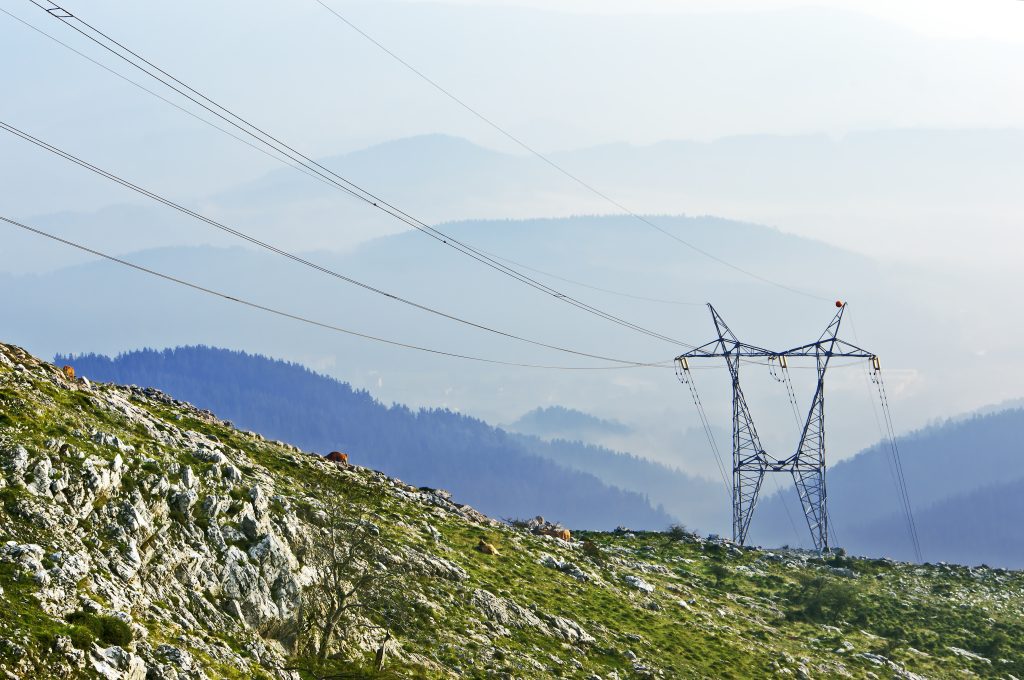Peak and off-peak hours refer to the times when demand for utility services, such as electricity, is highest and lowest, respectively. Peak hours, often called rush hours, usually occur when people are most active, typically mornings and evenings on weekdays. For instance, when people come home from work and start using appliances, lights, and electronics, electricity usage spikes, marking peak hours. Off-peak hours, on the other hand, usually fall during the night when most people are asleep, and thus, energy demand is lower. Understanding these periods is important for both consumers and utility providers: consumers can often save money by using energy-intensive appliances during off-peak times, while utility providers need to ensure their infrastructure can handle the load during peak hours.
Peak and off-peak hours in relation to utility usage offer several benefits to both consumers and utility providers. These time-based pricing strategies aim to manage electricity demand efficiently and ensure the reliability of the electrical grid. Here are the benefits:
Benefits for Consumers:

If your bill seems too high, you should first check your usage history and compare it to previous bills. You can also check if your energy company has recently increased their rates or if there are any additional fees or charges that have been added to your bill. Additionally, make sure that your metre readings are accurate and that there are no issues with your energy usage or equipment. If you suspect that your metre is broken or not functioning properly, you should contact your energy distributor as they are responsible for the metre. They will be able to test the metre and make any necessary repairs or replacements. If you’re still unsure why your bill is high, you can contact your energy company and ask for an explanation or a detailed breakdown of the charges on your bill. They may be able to help you identify ways to reduce your usage and lower your bill in the future.
In some cases, utilities can be tax-deductible, but it depends on your situation. For example, if you run a business from your home, a part of your utility costs might be deductible as business expenses. This can include costs for electricity, heating, and internet. However, for most people who don’t have a home business, regular utility costs like electricity or gas bills are not tax-deductible. It’s always a good idea to check with a tax professional about what deductions you might be eligible for based on your specific circumstances.
Yes, Peace Power offers Internet in areas in Alberta where the shaw line is available. Please call us to inquire about specific availability in your area or visit our service areas page on our site to learn more. Our team would be happy to help you!
Market competition can lead to competitive pricing, as multiple energy providers strive to offer the most attractive rates to consumers.
Government policy in Alberta has a multifaceted impact on utility rates through various means such as regulation, environmental initiatives, infrastructure investments, and consumer protections. Initially, Alberta’s shift towards the deregulation of electricity markets allowed for market forces to have a more significant role in determining prices. While this fostered competition and had the potential for lower prices, it also introduced an element of volatility. Environmental policies, such as carbon taxes or incentives for renewable energy, also play a role. For instance, policies aimed at reducing carbon emissions might increase the costs of fossil fuel-based energy production, which could be reflected in consumer prices. Conversely, incentives for renewables could lead to more stable or lower prices in the long term. The government also engages in infrastructure investments and enacts regulations that may require utility companies to modernize their facilities. Though essential for the reliability and modernization of the grid, these investments and regulations can lead to higher costs that are often passed on to consumers. Additionally, trade policies, especially on a national level, can affect utility rates in Alberta by influencing the cost of energy-related equipment. Finally, government policies aimed at consumer protection, market oversight, and emergency response are vital in maintaining fair pricing and ensuring reliable service. The interplay of these various policies and initiatives helps shape the landscape of utility rates in Alberta.
To connect utilities when lines are already set up, begin by determining which utility providers service your area. Reach out to each of these providers to initiate service, ensuring you have relevant documentation such as proof of ownership or a rental agreement and personal identification on hand. While some may require an appointment to activate your service, others may simply turn it on remotely. Upon starting the service, it’s important to establish your preferred billing details and familiarize yourself with the billing cycle and payment methods. Additionally, always have the emergency contact numbers for each utility handy, as unexpected issues or outages can arise.
Links